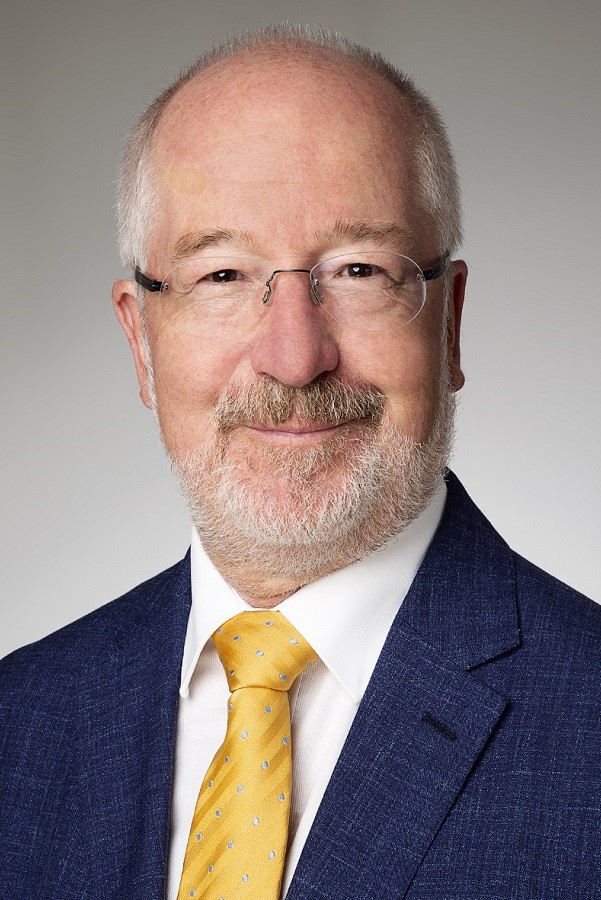Jochen Taupitz is senior professor for Private Law, Law of Civil Procedure, Private International Law and Comparative Law at the University of Mannheim. The renowned expert for medicinal ethics received the Federal Cross of Merit.

Professor Jochen Taupitz
privat
Taupitz studied law and has held the position of a full professor for Private Law, Law of Civil Procedure, Private International Law and Comparative Law at the University of Mannheim from 1989 until 2019. Lately, he is still active as senior professor. In his research in the area of medical and health law he is very particular about interdisciplinarity and incorporates findings from medicine, medicine ethics and science. Until 2022, he has also been the director of the Institute for German, European and International Medical Law, Public Health Law and Bioethics of the universities of Heidelberg and Mannheim (IMGB). He was and is member of several ethic committees like the German Ethics Council, partly also as chair. He was awarded the Federal Cross of Merit 2018 for his societal engagement in questions about medicine development. He engages in many current societal debates, e.g. around stem cell research and as member of the Leopoldina working group “Embryo protection in Germany”.
Further information: https://www.jura.uni-mannheim.de/abteilung/lehrende/emeriti/taupitz/
Introduction - the German legal situation
The Embryo Protection Act of 1990 (ESchG) provides for extensive protection of the embryo in vitro, which is supplemented by the Stem Cell Act of 2002 (StZG).
The German Embryo Protection Act prohibits, among other things, research with embryos and the production of embryonic stem cells. The Stem Cell Act only allows the import and use of embryonic stem cells for high-level research purposes which were produced abroad before May 01, 2007. Stem cells from genetically damaged embryos that are no longer used for reproductive purposes after preimplantation genetic screening (PGD) may not be imported, although PGD has also been permitted in Germany since 2011.
The ESchG and StZG take insufficient account of scientific progress. New procedures such as the artificial generation of germ cells or of embryo-like structures are not covered. In addition, the provisions of the ESchG are not very consistent. For example, research with embryos is prohibited even if they have no chance of survival (e.g. after PGD). On the other hand, it is permitted to actively discard (kill) embryos or to leave them to die off. Moreover, clones created in violation of the ban may not be transferred to a woman, which amounts to a killing requirement. With the permission to transfer up to three embryos to one woman, the law legitimizes the sacrifice of embryos; because the chances of nidation decrease with respect to the individual embryo.
An amendment or replacement of the existing laws by a broader law on reproductive medicine has been urged for years. The legislator has a wide margin of discretion in this respect.
(Translation from German)